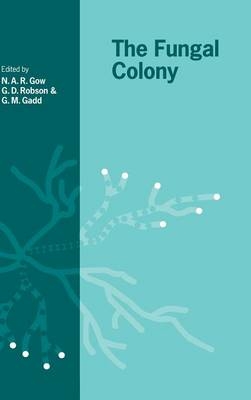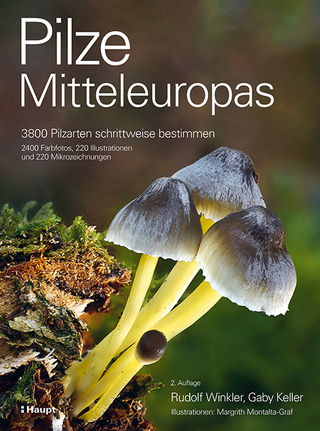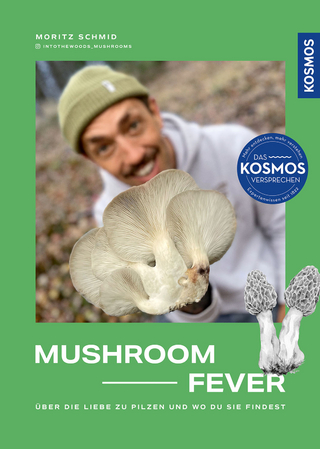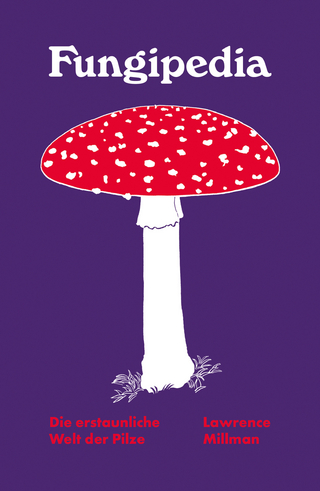
The Fungal Colony
Cambridge University Press (Verlag)
978-0-521-62117-5 (ISBN)
Fungi are amongst the simplest of eukaryotes. Their study has provided useful paradigms for processes that are fundamental to the way in which higher cells grow, divide, establish form and shape, and communicate with one another. The majority of work has been carried out on the budding yeast Saccharomyces cerevisiae, but in nature unicellular fungi are greatly outnumbered by filamentous forms for which our knowledge is much less well developed. This volume focuses on the analysis of the filamentous life style, particularly on the hyphae which constitute the fungal mycelial colony. It provides the most recent insights into the molecular genetics and physiological mechanisms underlying the elaboration of the branching mycelium and the interactions between individual fungal mycelia. As such it offers much to interest mycologists and, equally, those working in the fields of cell biology, developmental biology, physiology and biochemistry.
List of contributors; Preface; 1. Self-integration - an emerging concept from the fungal mycelium A. D. M. Rayner, Z. R. Watkins and J. R. Beeching; 2. Nutrient translocation and electrical signalling in mycelia S. Olsson; 3. Colony development in nutritionally heterogeneous environments K. Ritz and J. W. Crawford; 4. Circadian rhythms in filamentous fungi M. Ramsdale; 5. Growth, branching and enzyme production by filamentous fungi in submerged culture A. P. J. Trinci, S. Bocking, R. J. Swift, J. M. Withers, G. D. Robson and M. G. Wiebe; 6. Metabolism and hyphal differentiation in large basidiomycete colonies S. Watkinson; 7. Role of phosphoinositides and inositol phosphates in the regulation of mycelial branching G. D. Robson; 8. Stress responses of fungal colonies towards toxic metals L. M. Ramsay, J. A. Sayer and G. M. Gadd; 9. Cellularization in Aspergillus nidulans J. E. Hamer, J. A. Morrell, L. Hamer, T. Wolkow and M. Momany; 10. Genetic control of polarized growth and branching in filamentous fungi G. Turner and S. D. Harris; 11. Mating and sexual interactions in fungal mycelia G. W. Gooday; 12. Genetic stability in fungal mycelia M. L. Smith; 13. Nuclear distribution and gene expression in the secondary mycelium of Schizophyllum commune J. G. H. Wessels, T. A. Schuurs, H. J. P. Dalstra and J. M. J. Scheer; Index.
| Erscheint lt. Verlag | 15.4.1999 |
|---|---|
| Reihe/Serie | British Mycological Society Symposia |
| Zusatzinfo | 16 Tables, unspecified; 13 Halftones, unspecified; 53 Line drawings, unspecified |
| Verlagsort | Cambridge |
| Sprache | englisch |
| Maße | 157 x 236 mm |
| Gewicht | 670 g |
| Themenwelt | Naturwissenschaften ► Biologie ► Mykologie |
| ISBN-10 | 0-521-62117-8 / 0521621178 |
| ISBN-13 | 978-0-521-62117-5 / 9780521621175 |
| Zustand | Neuware |
| Haben Sie eine Frage zum Produkt? |
aus dem Bereich


